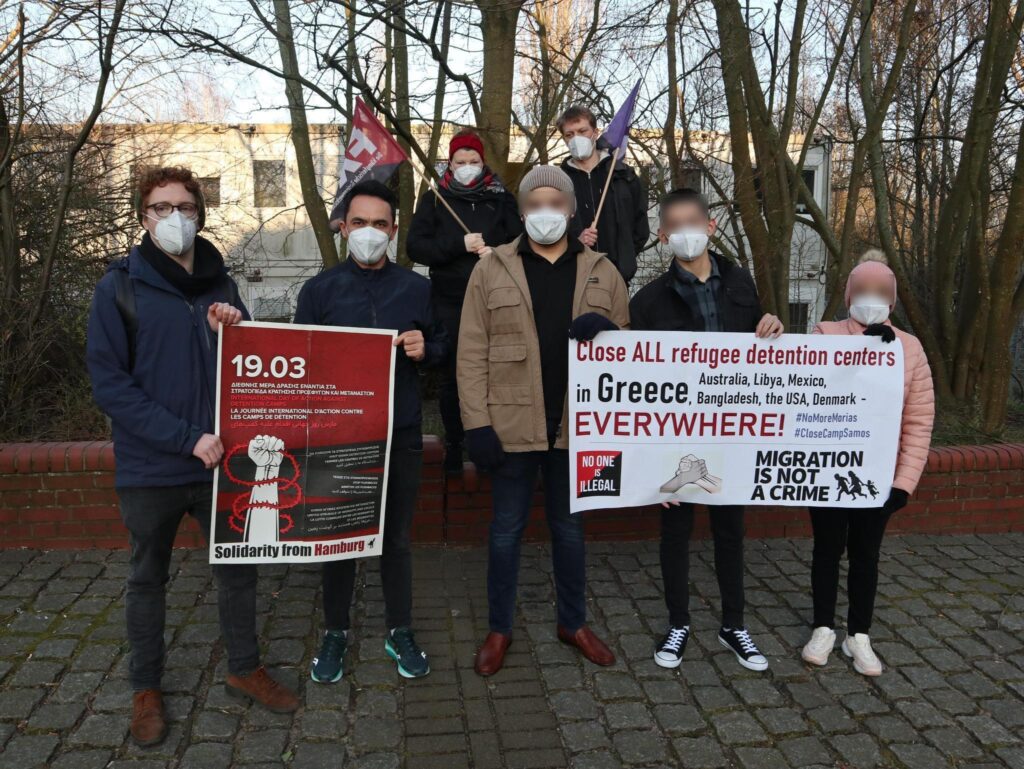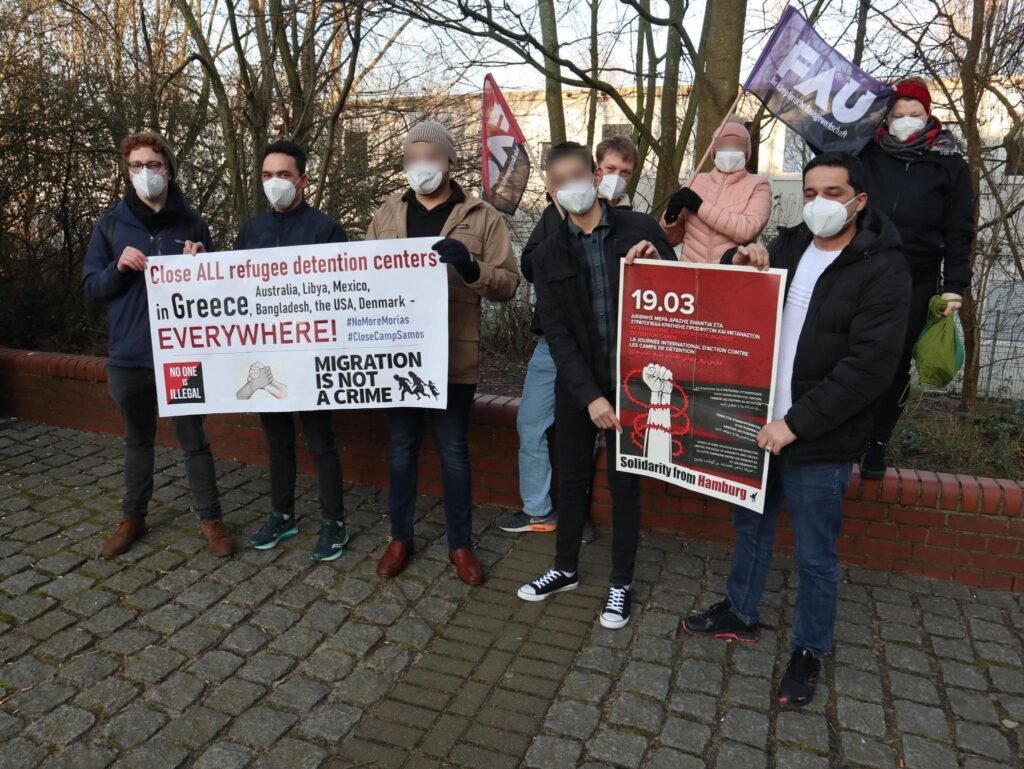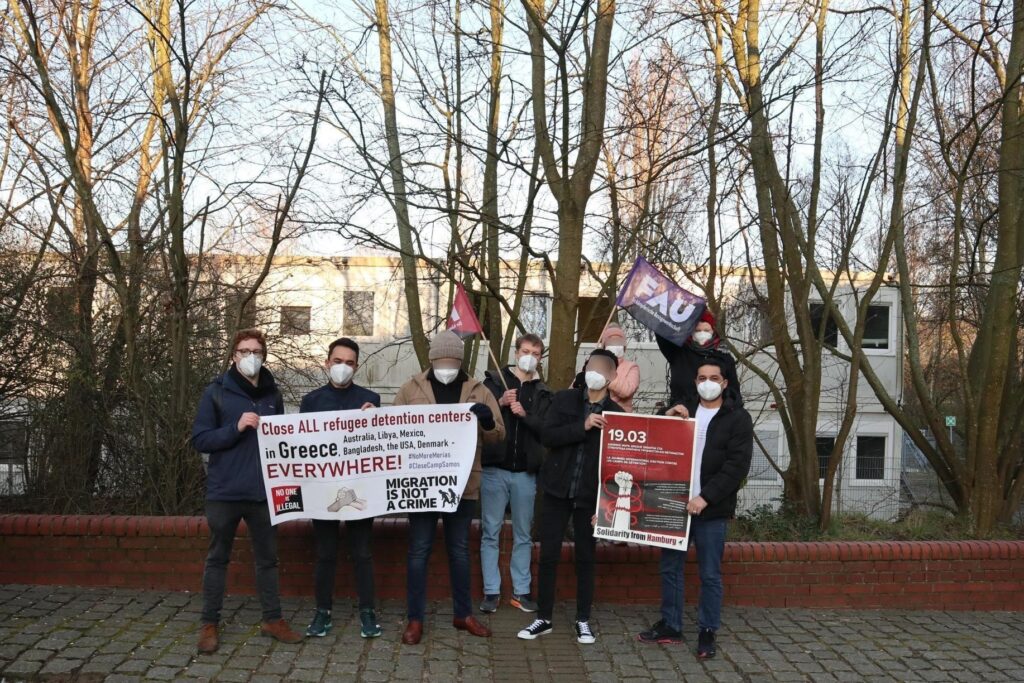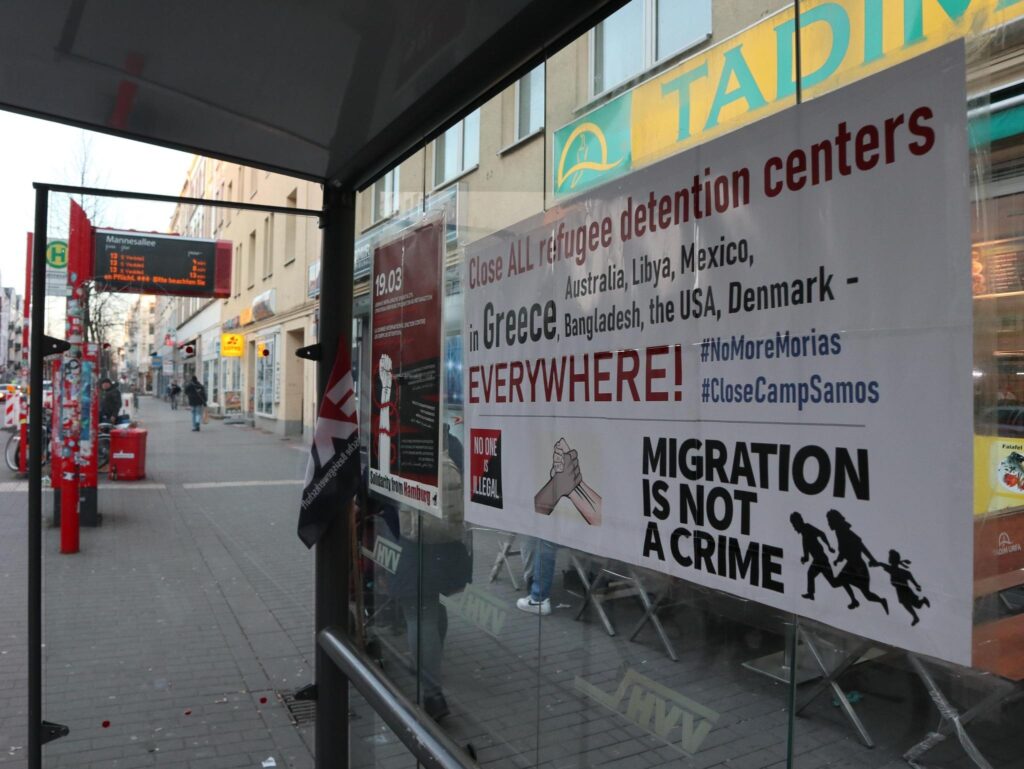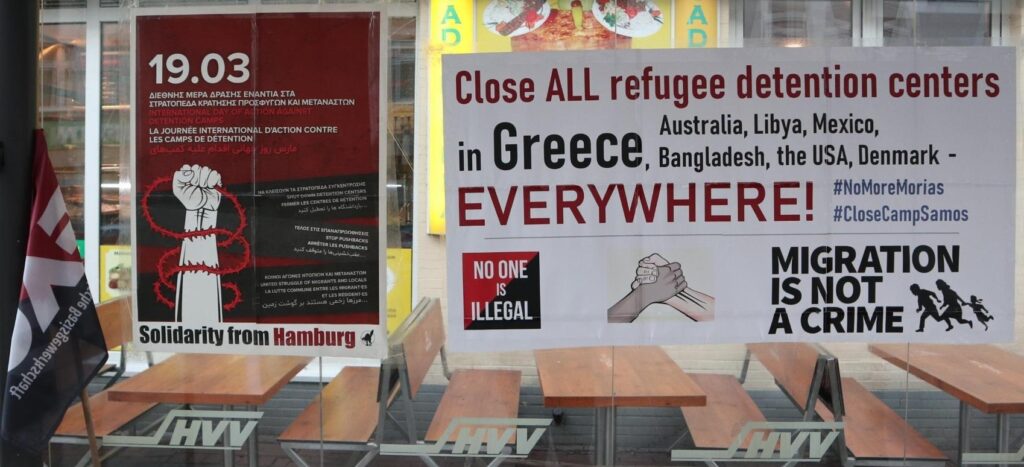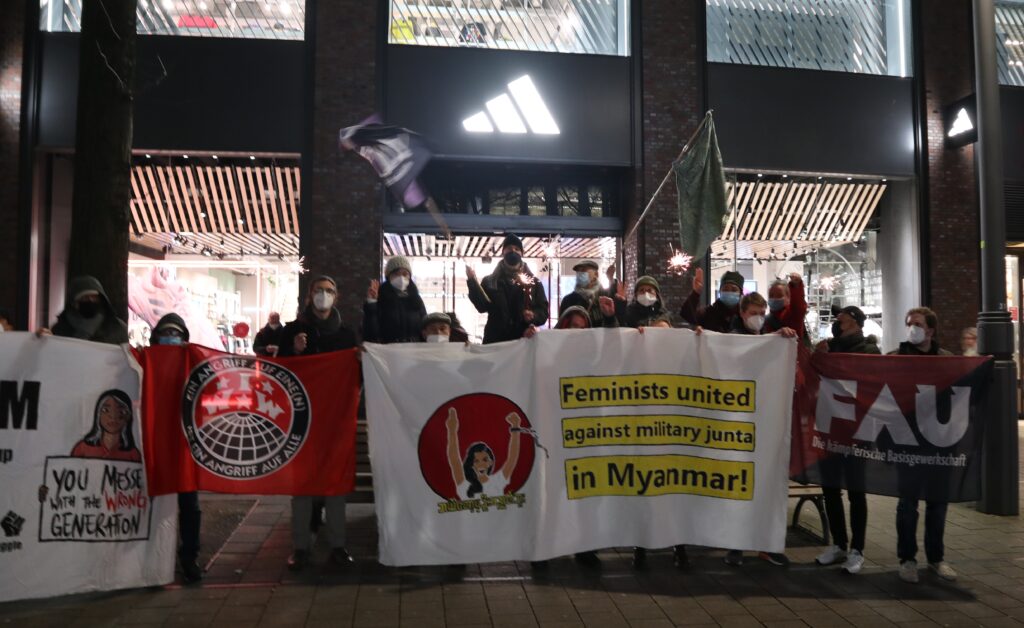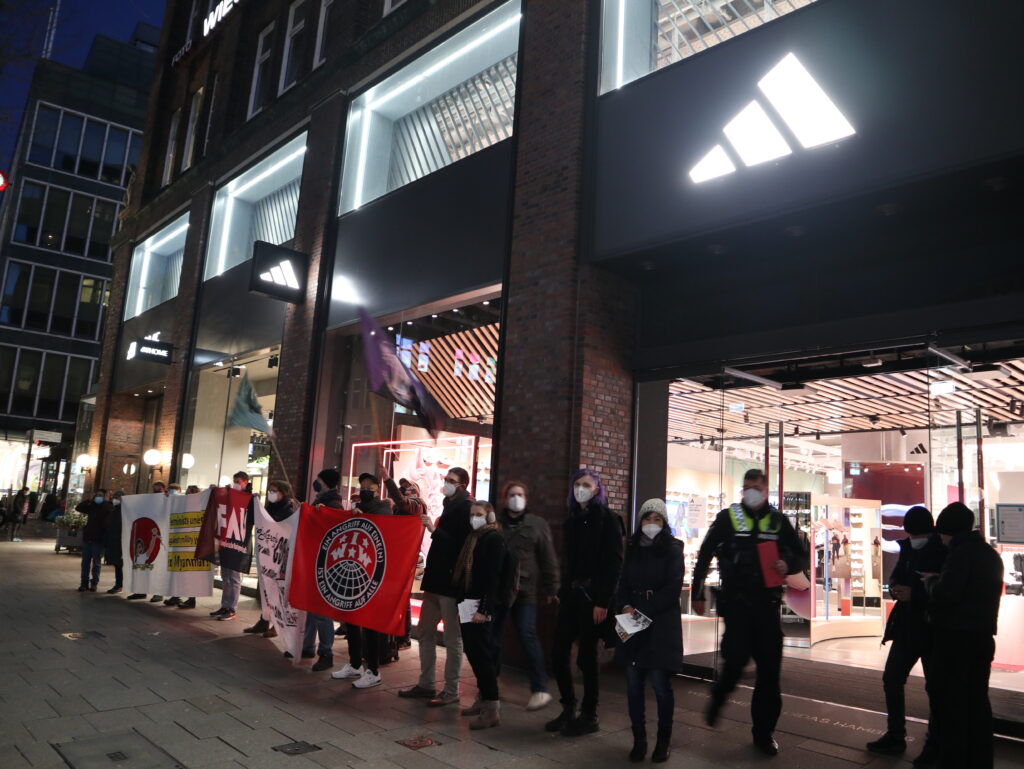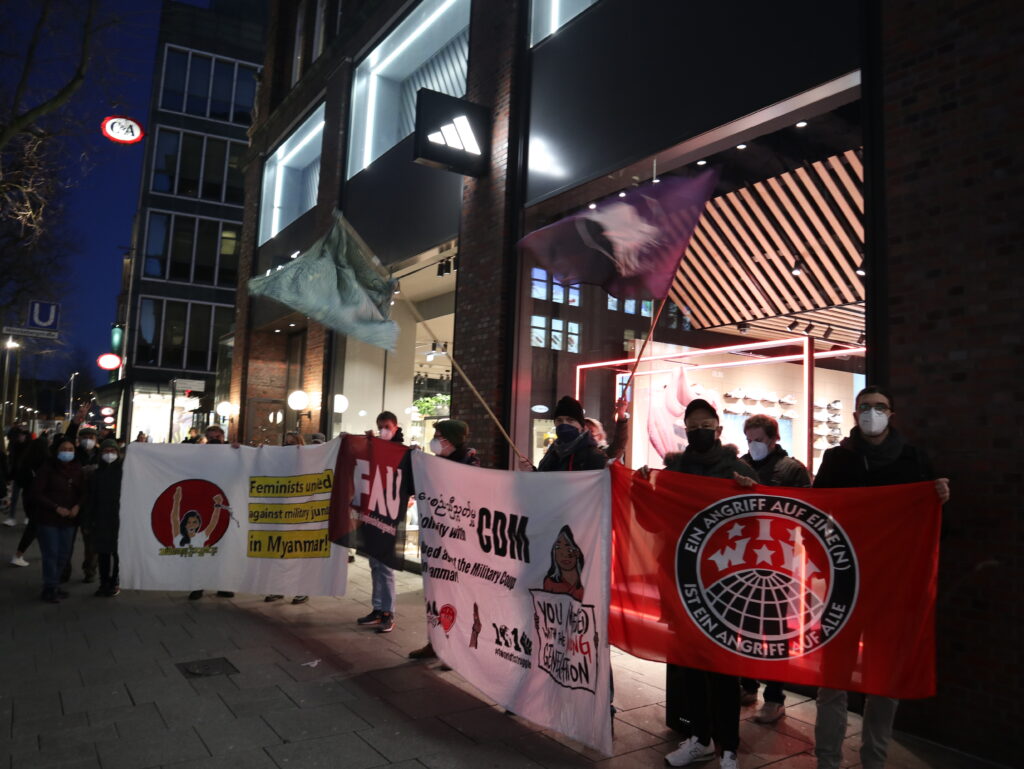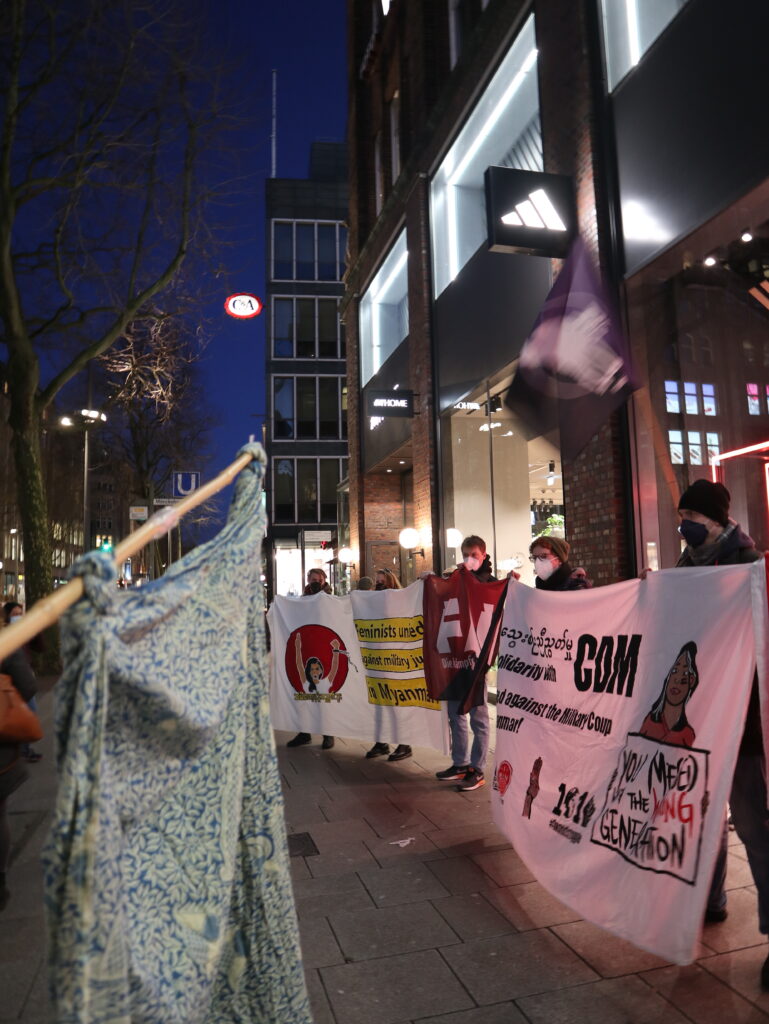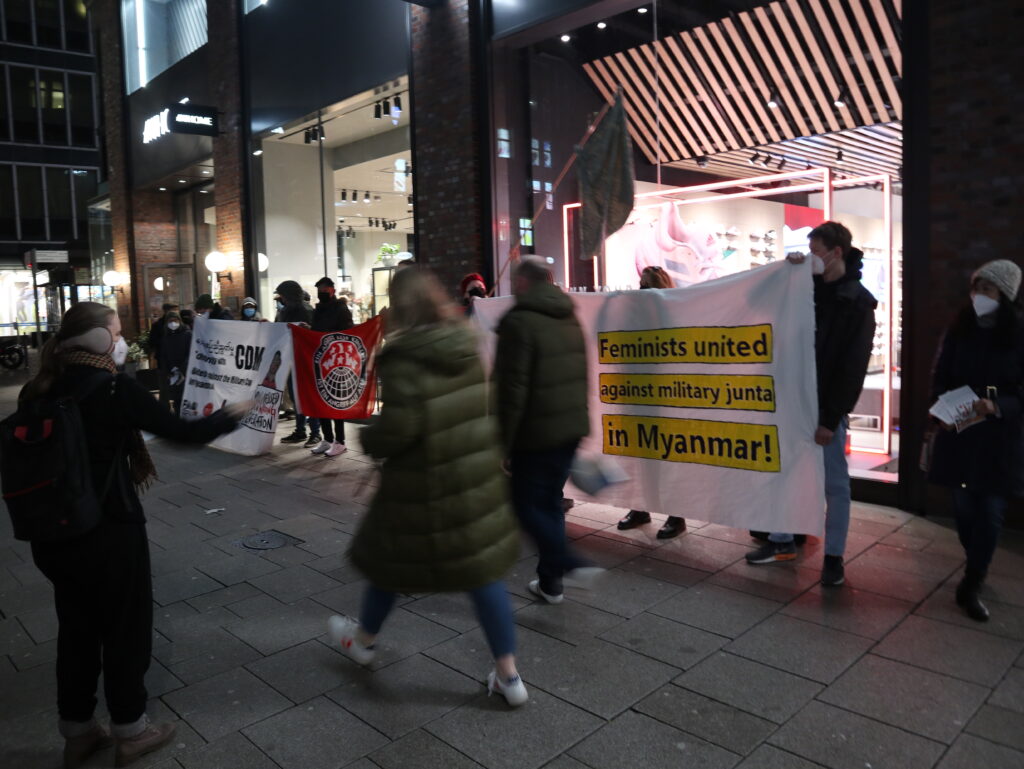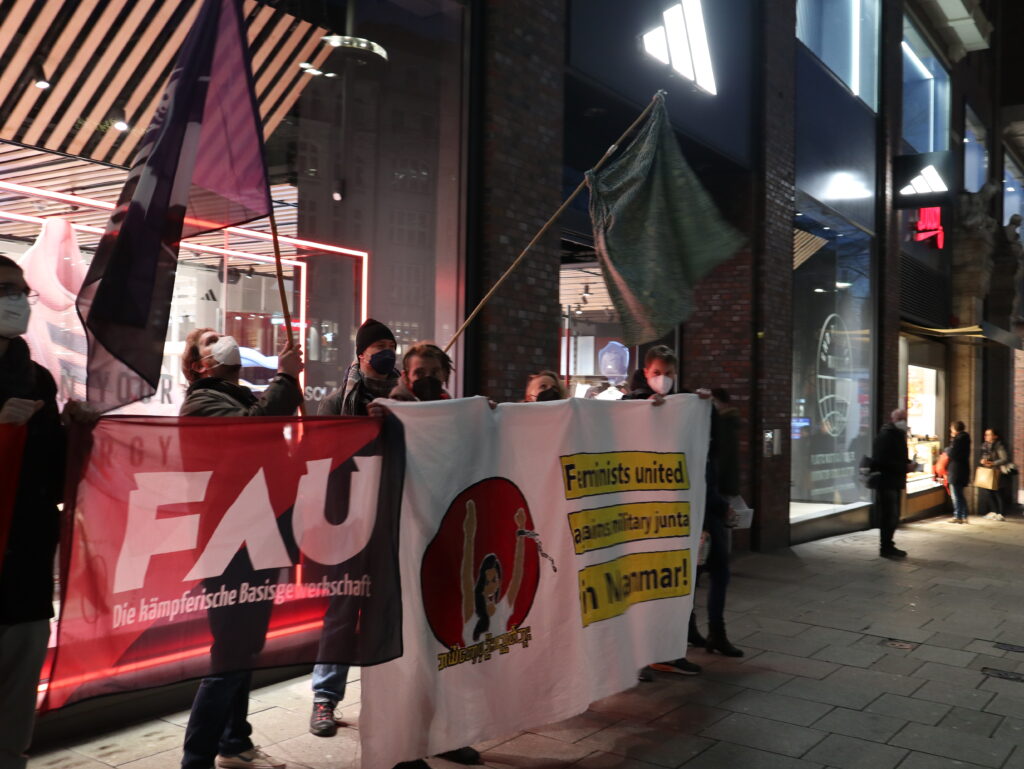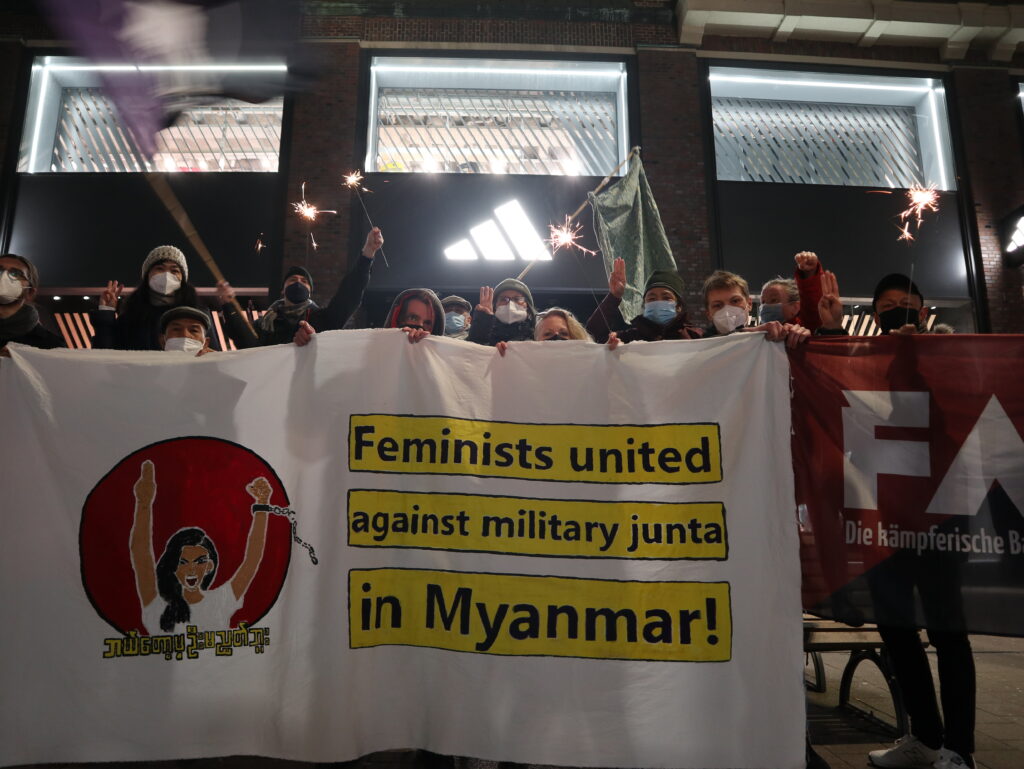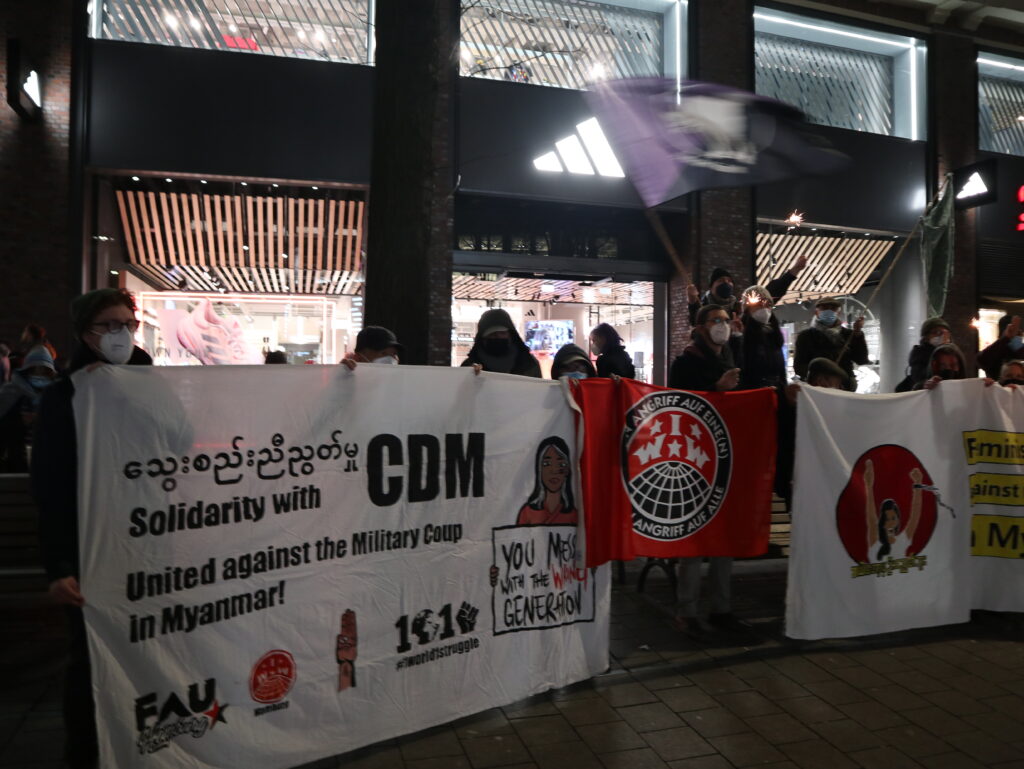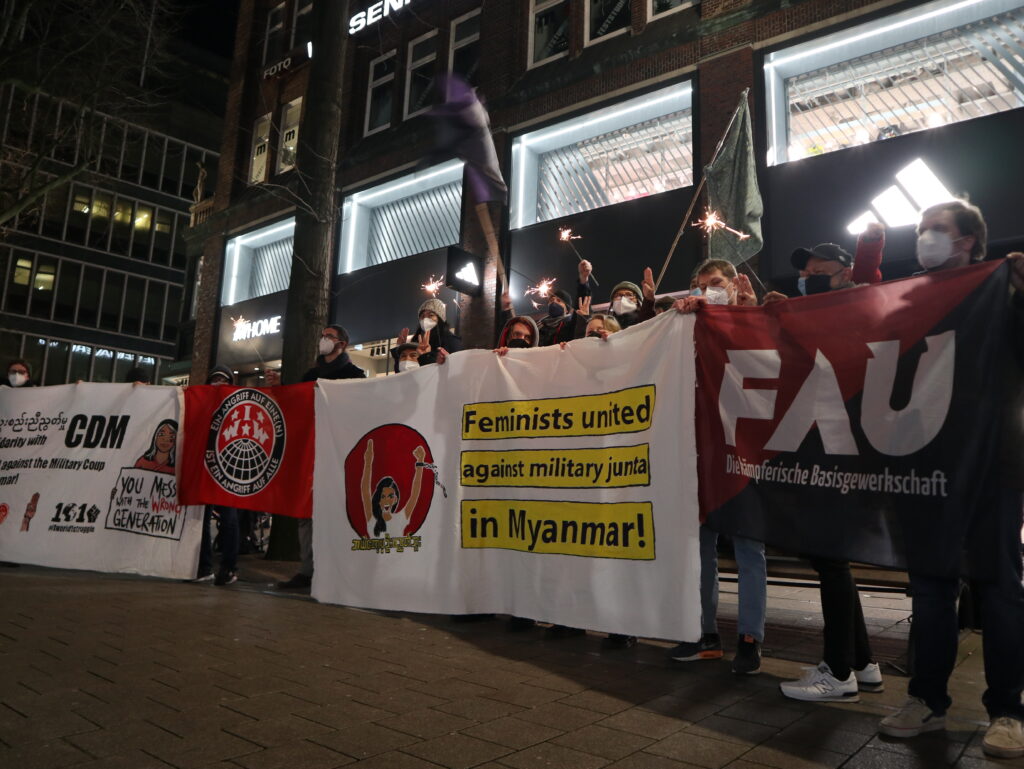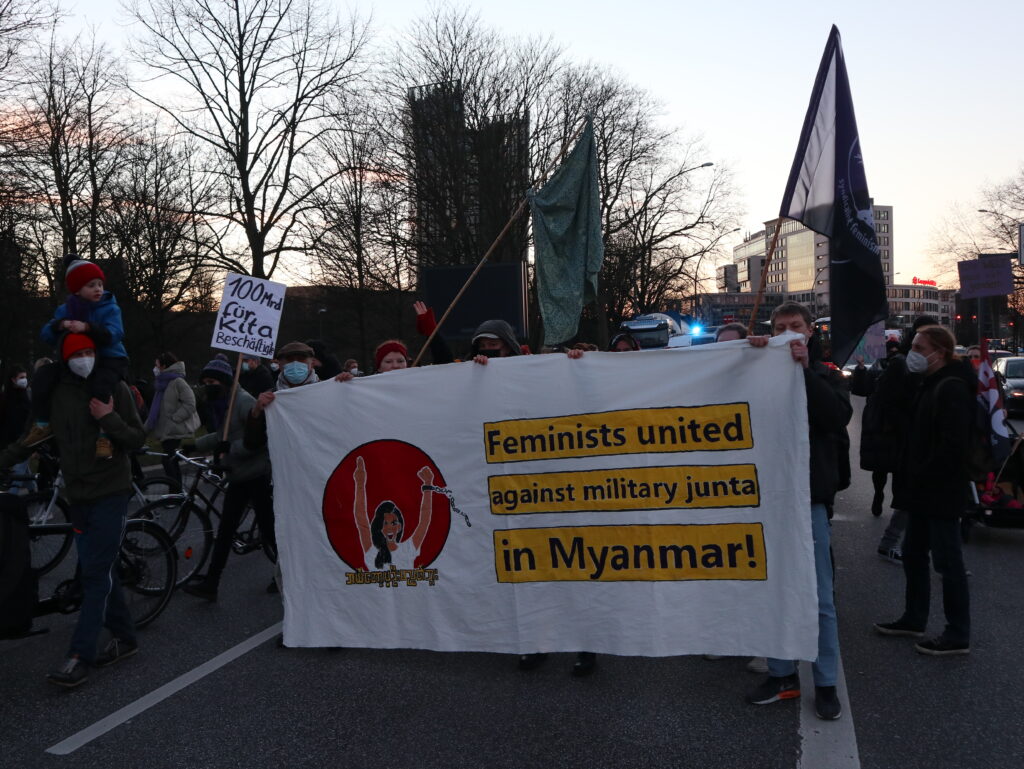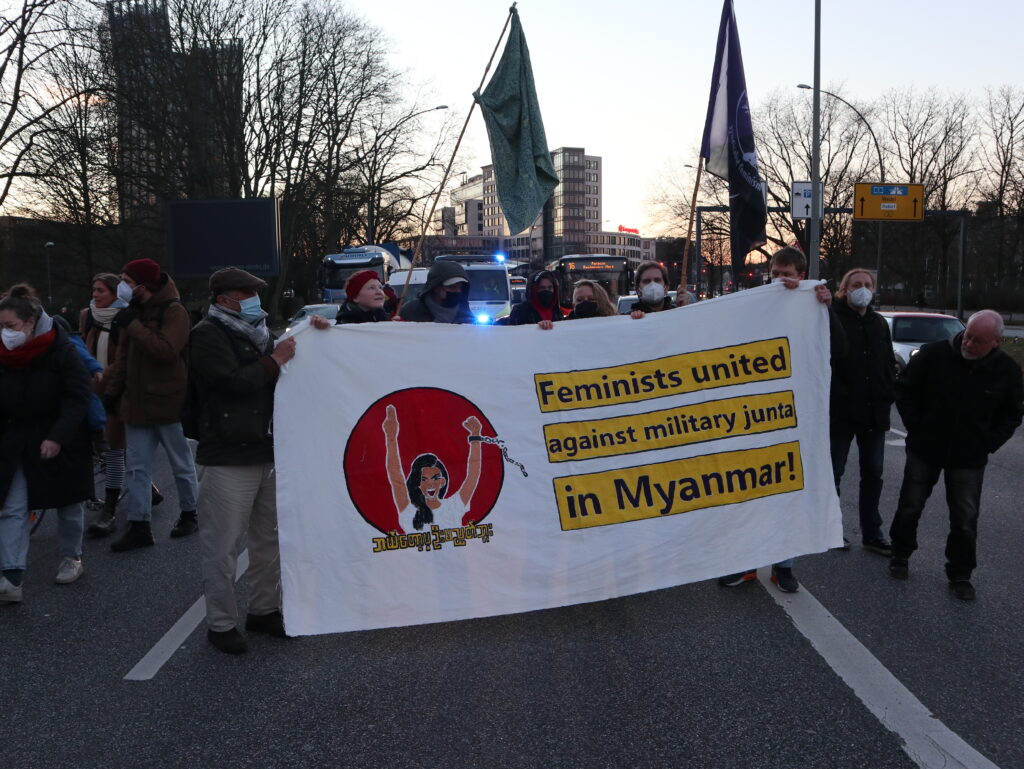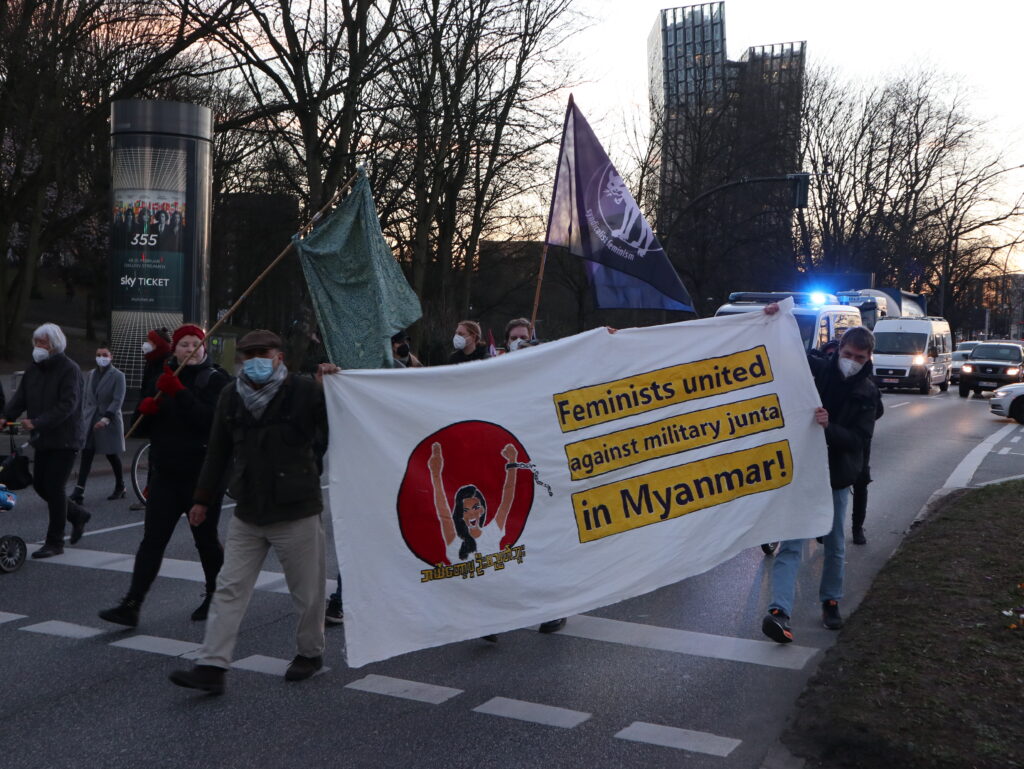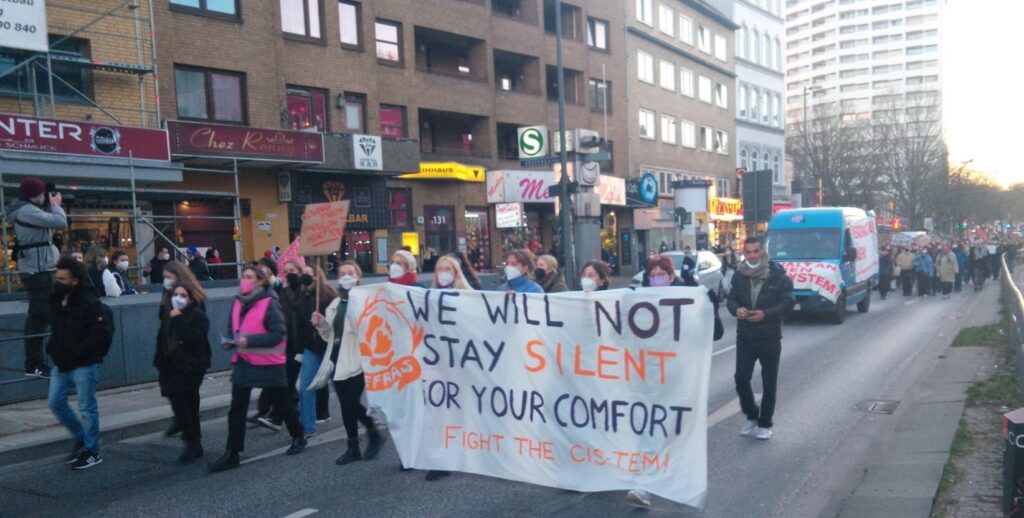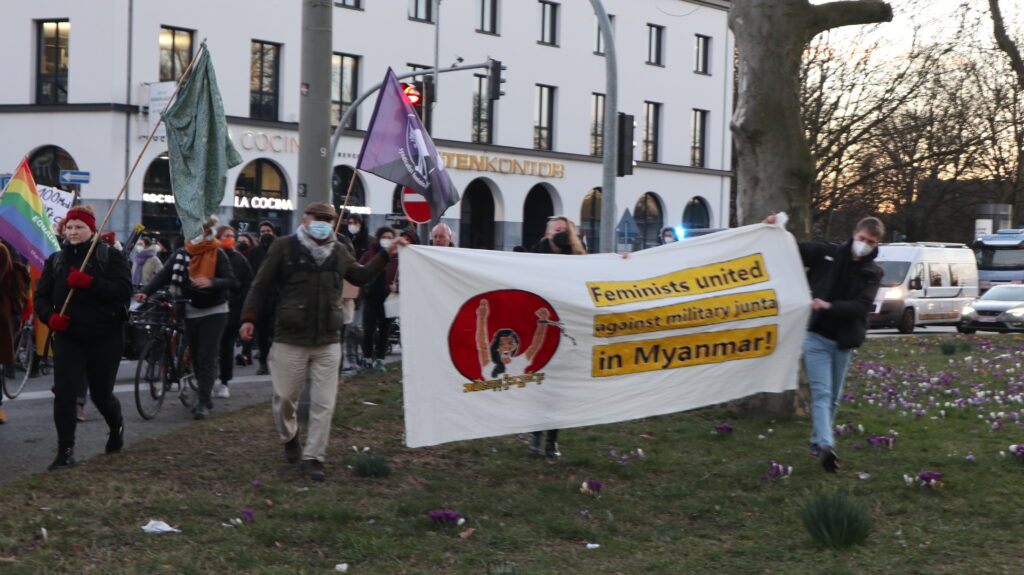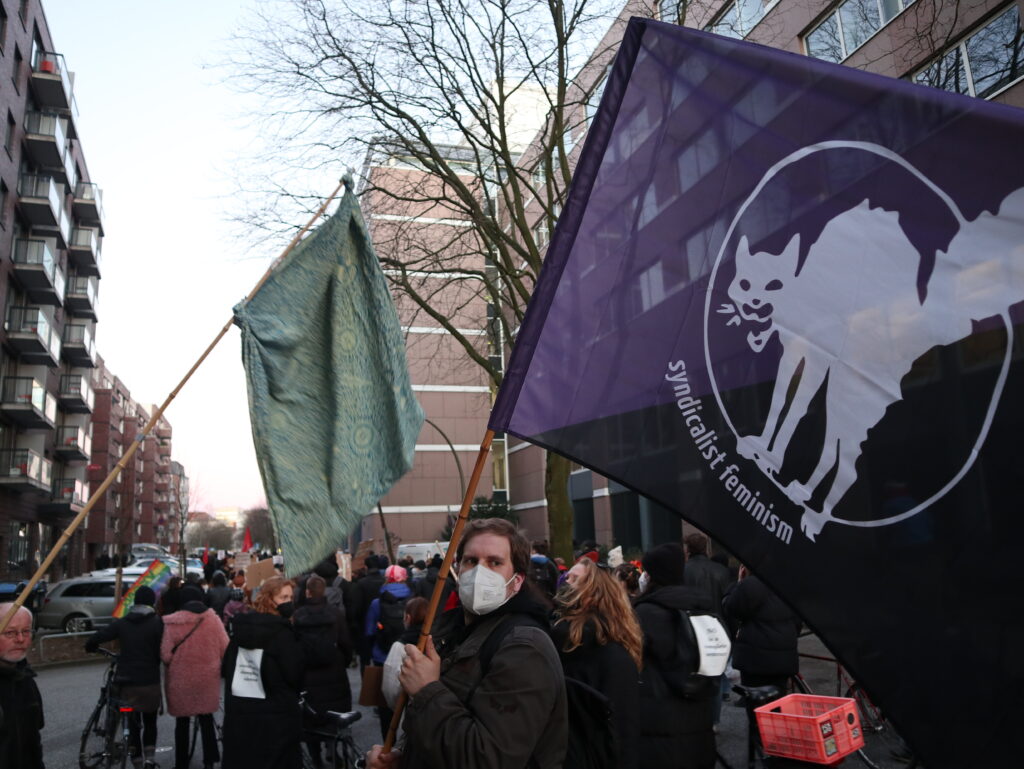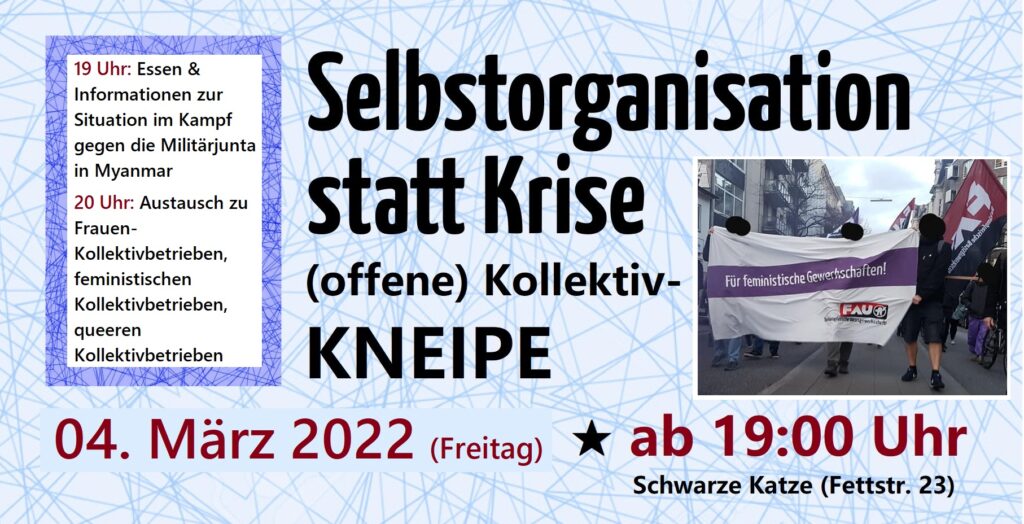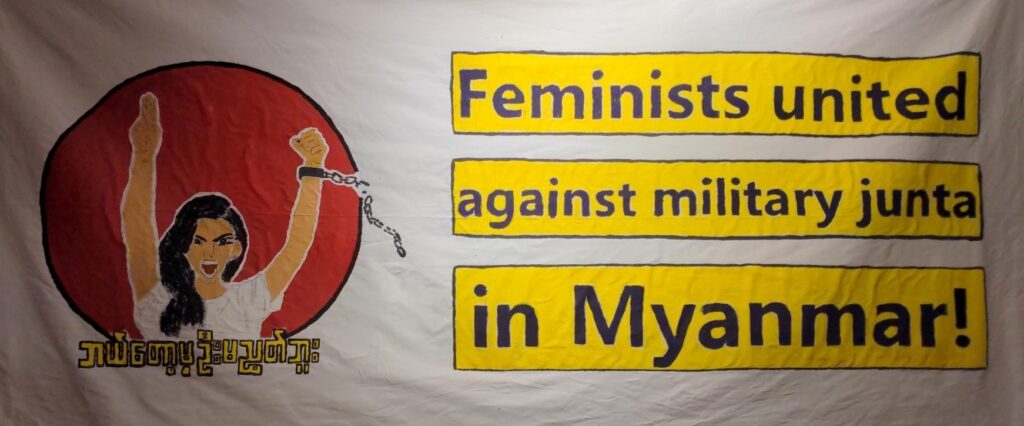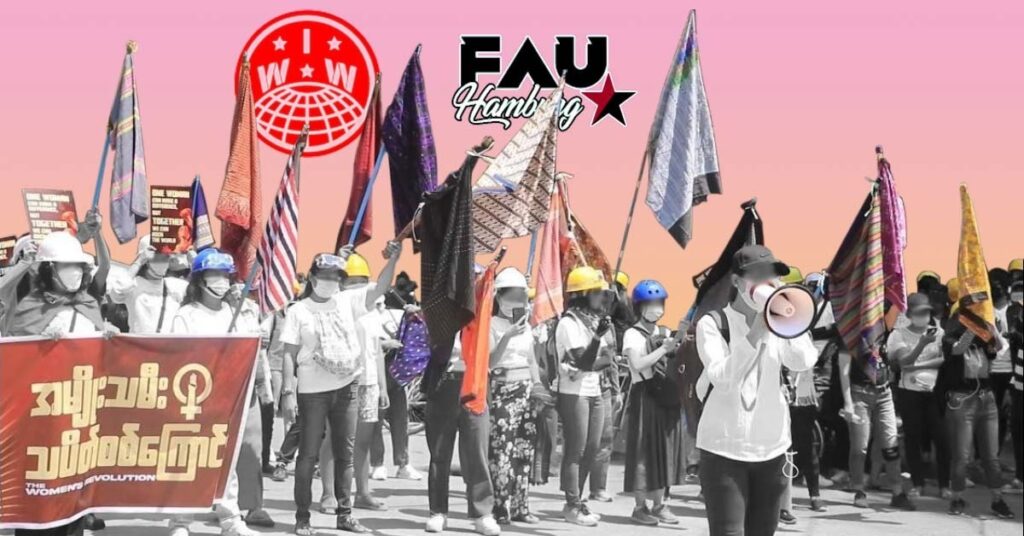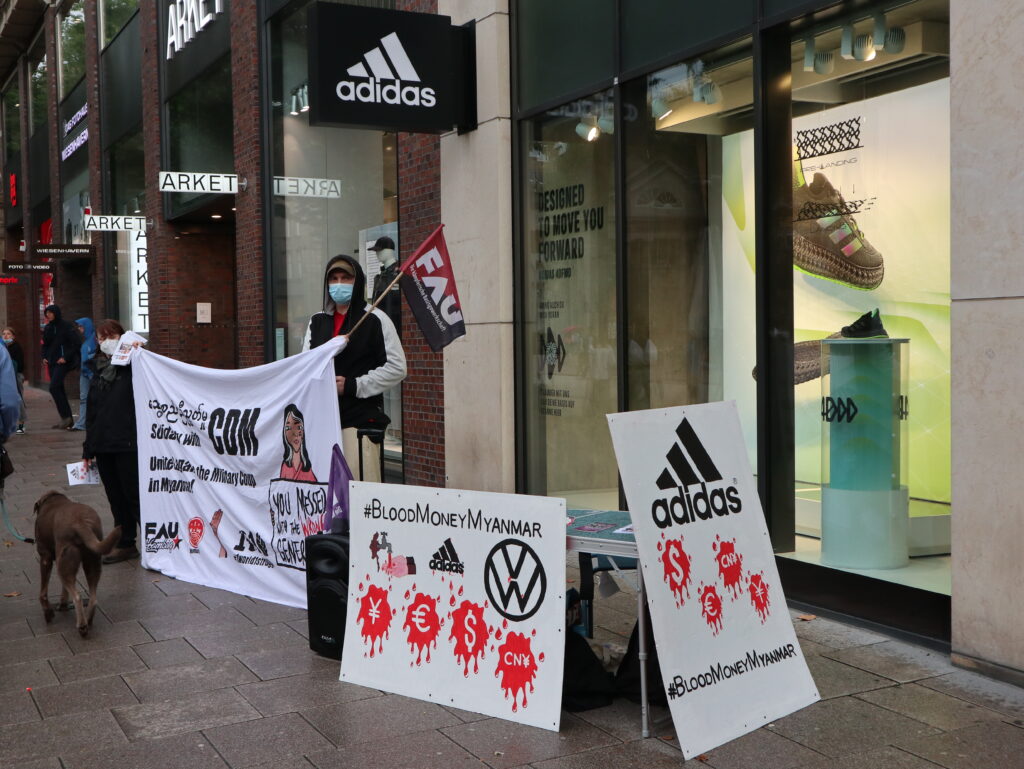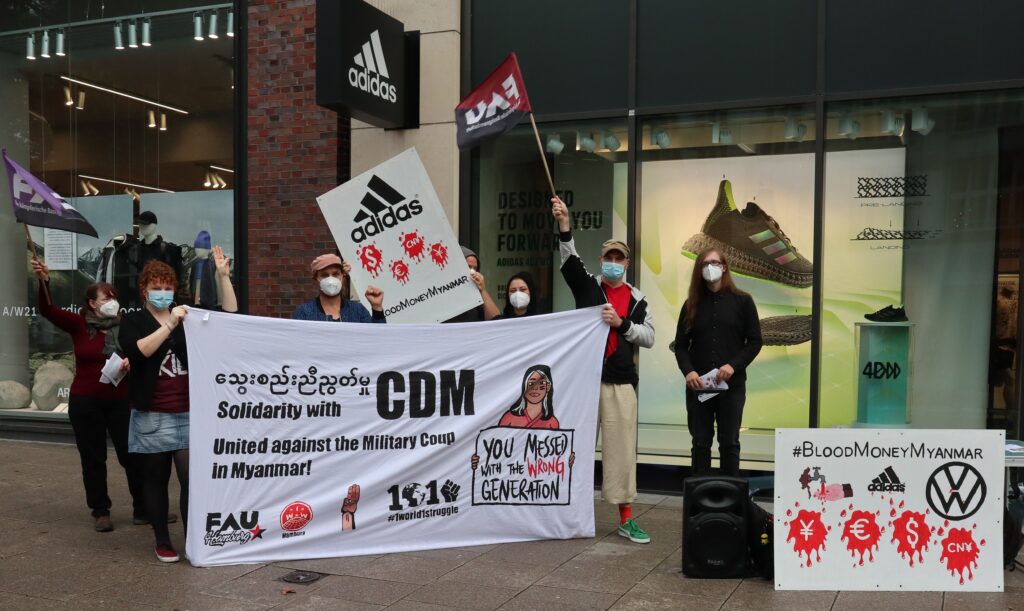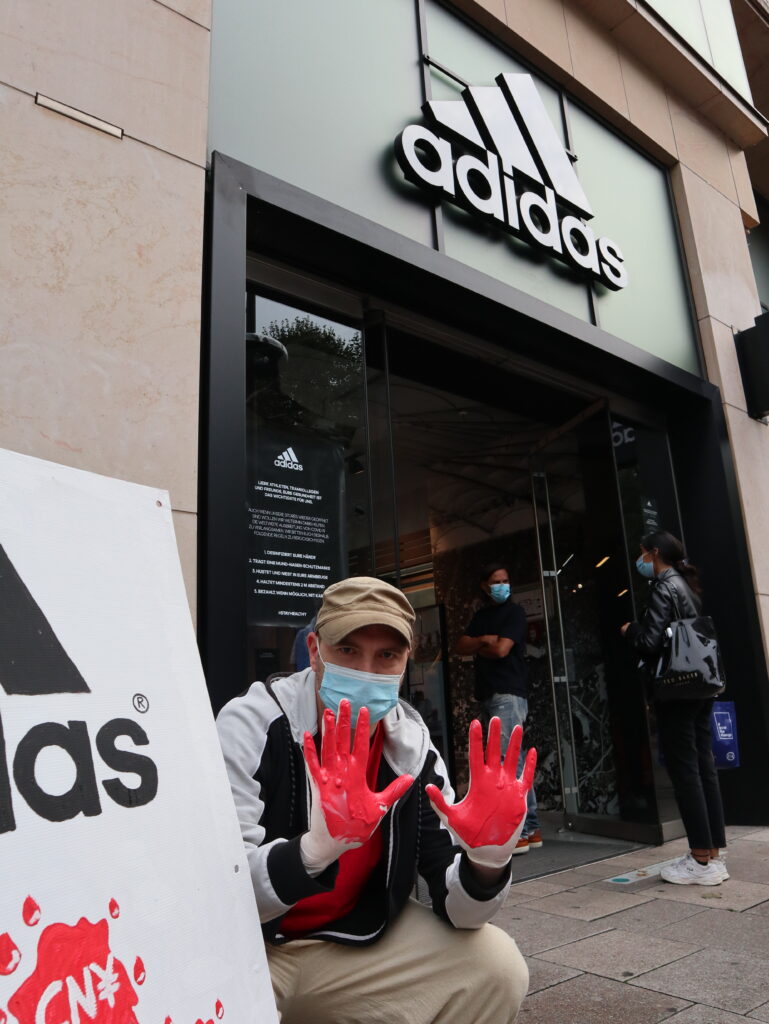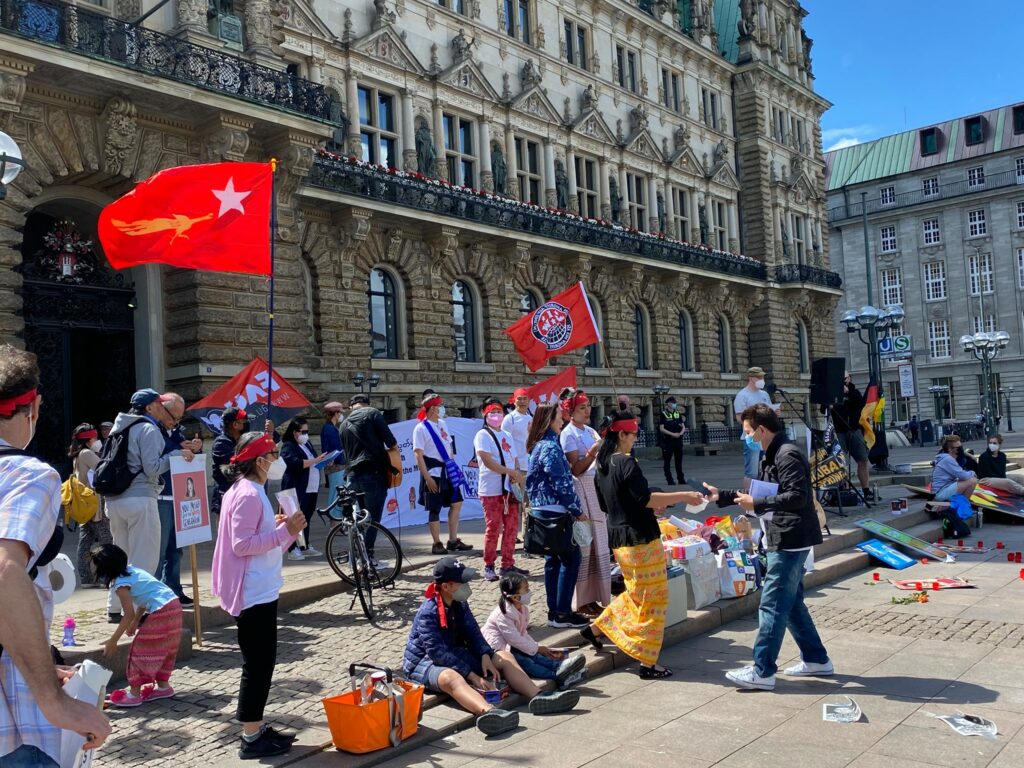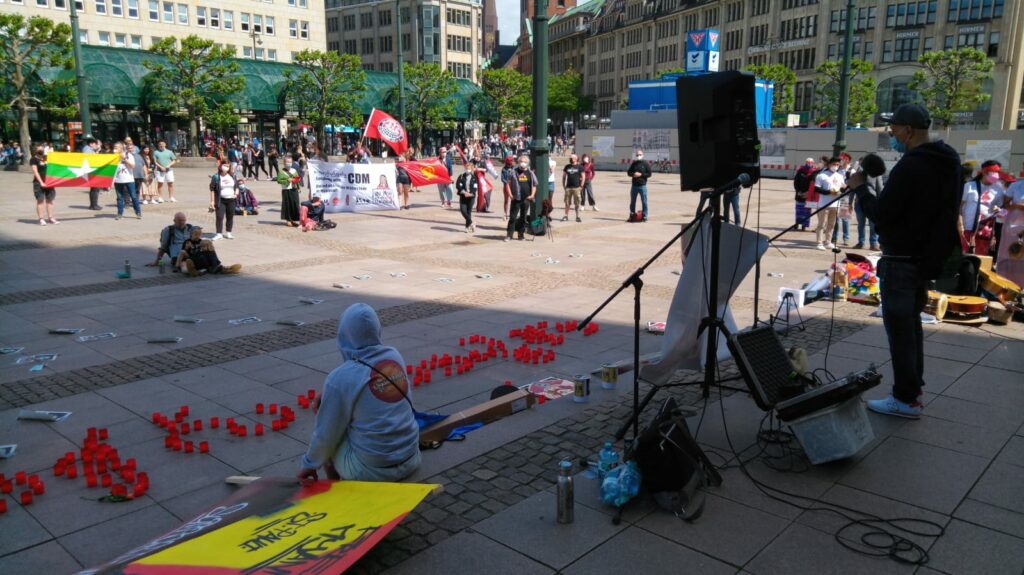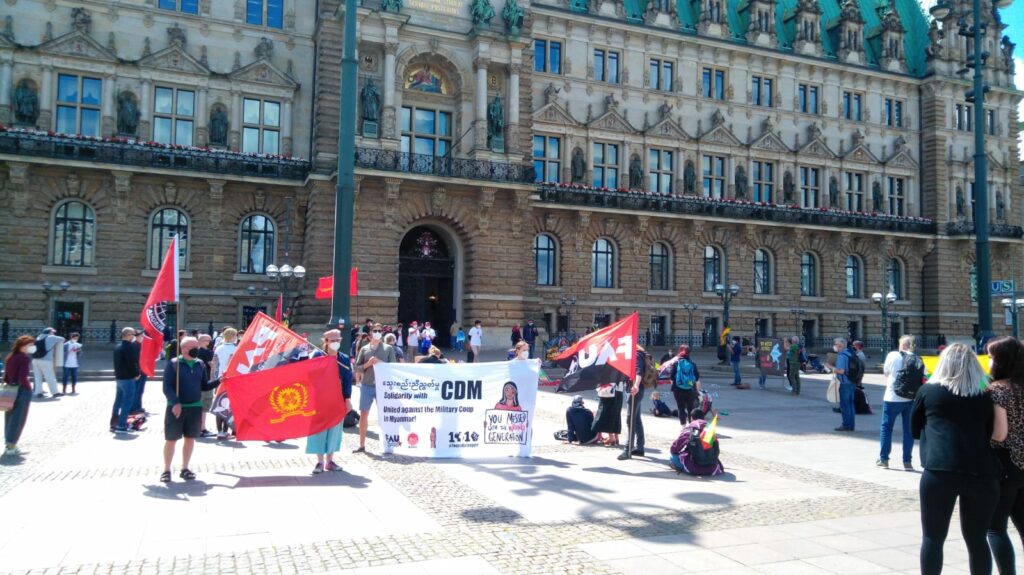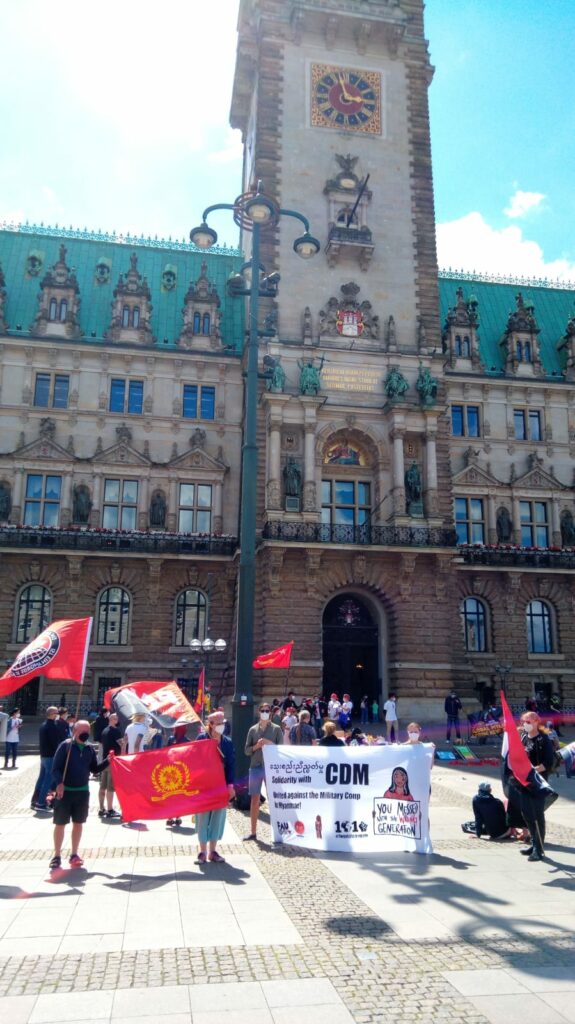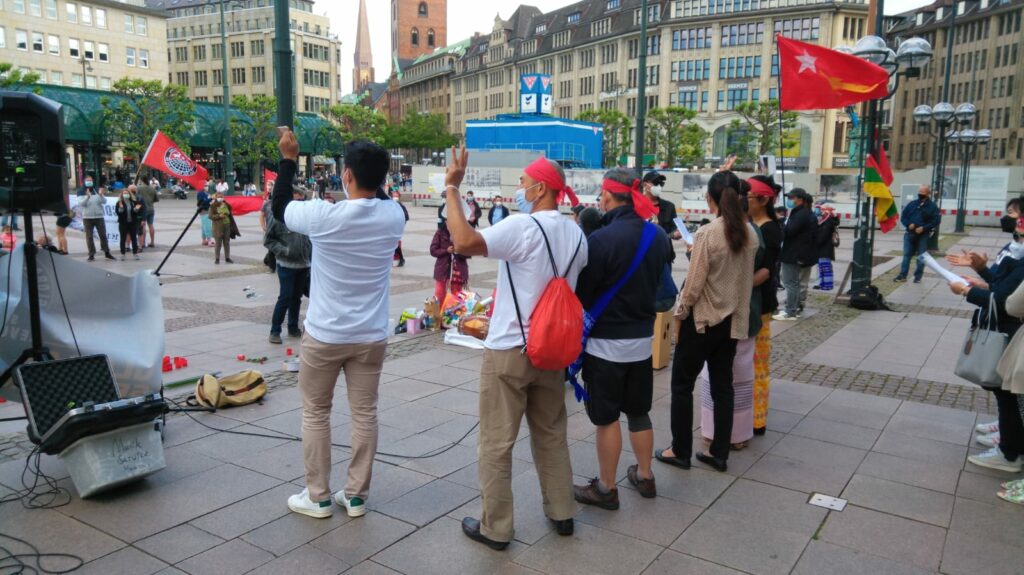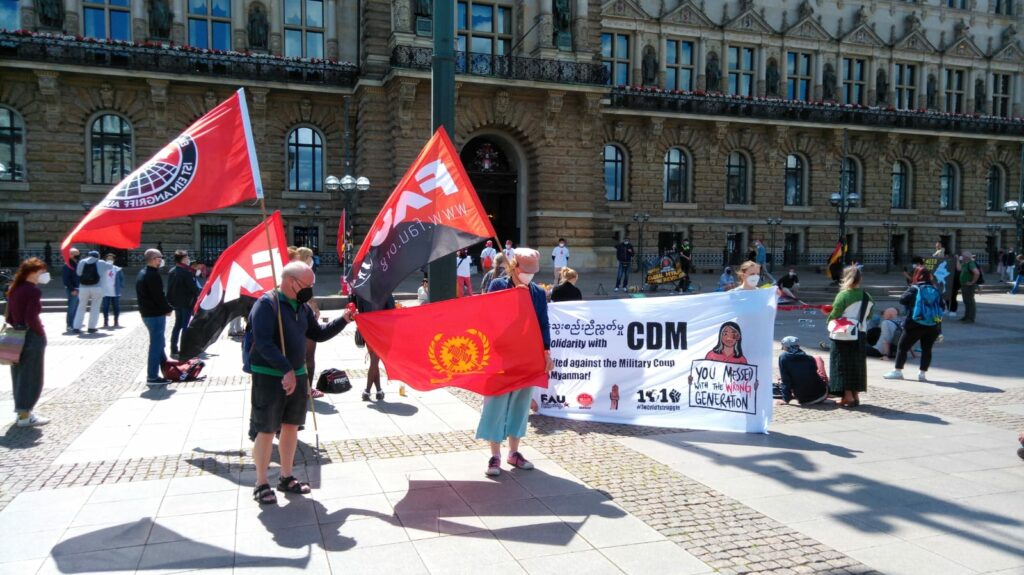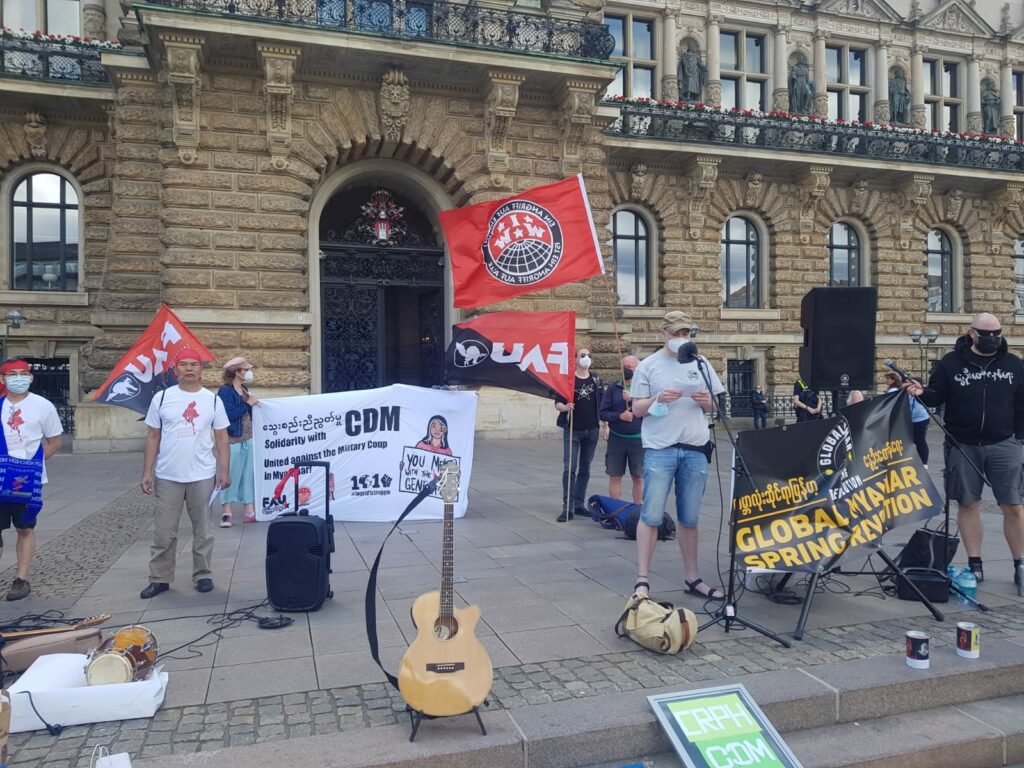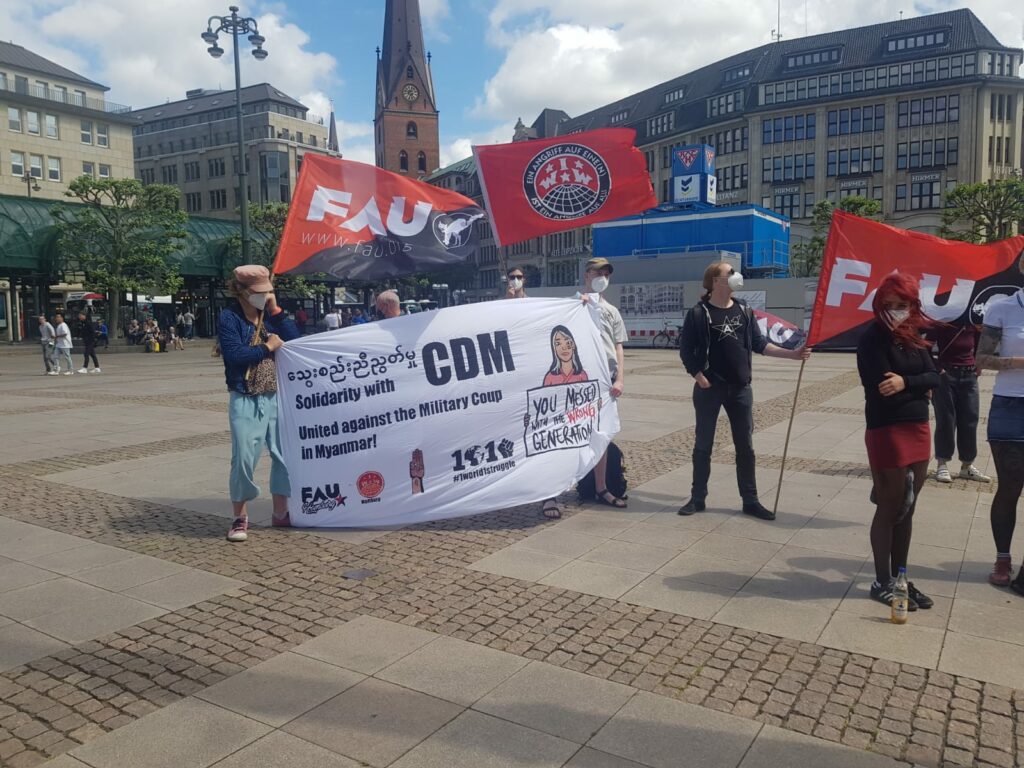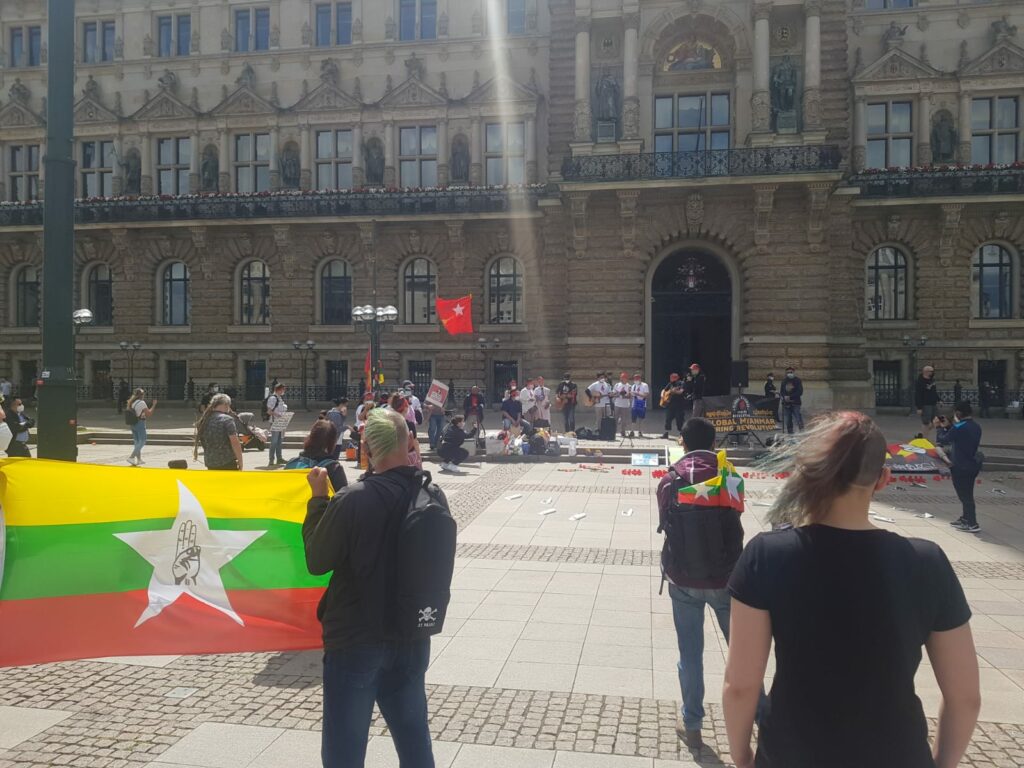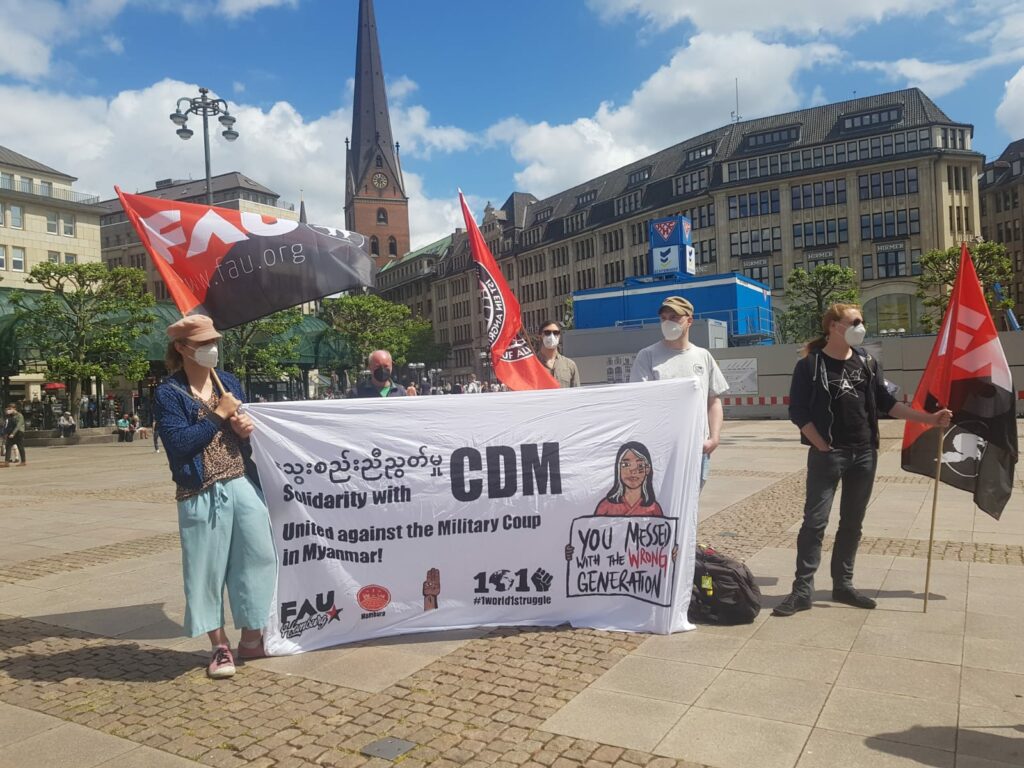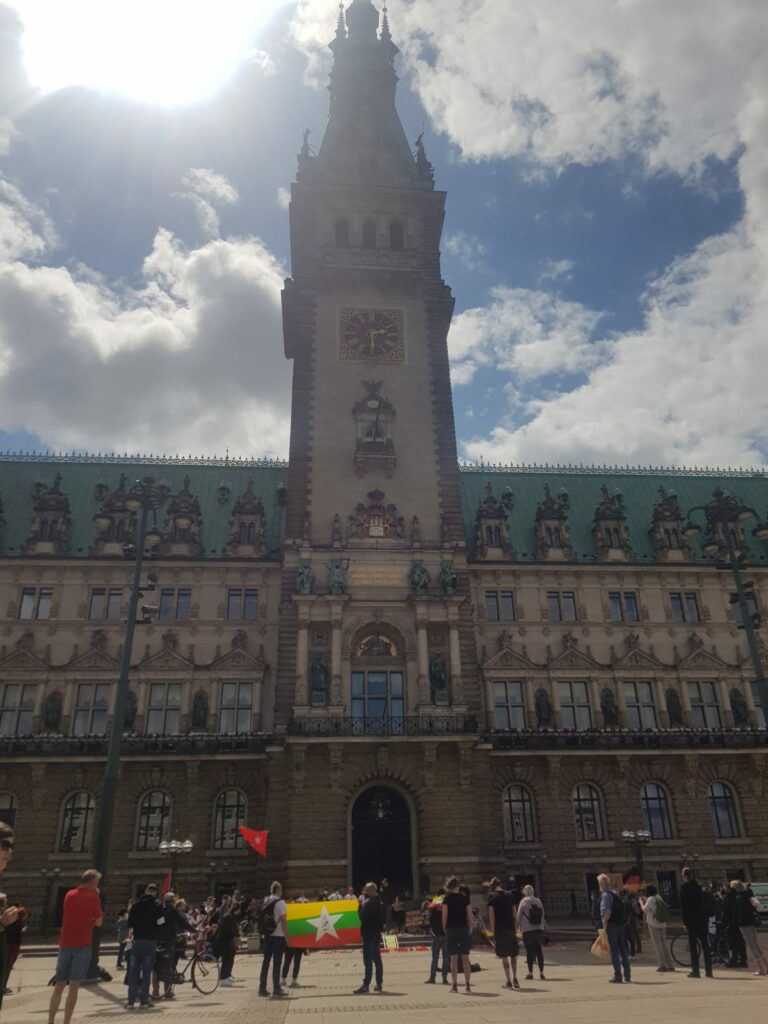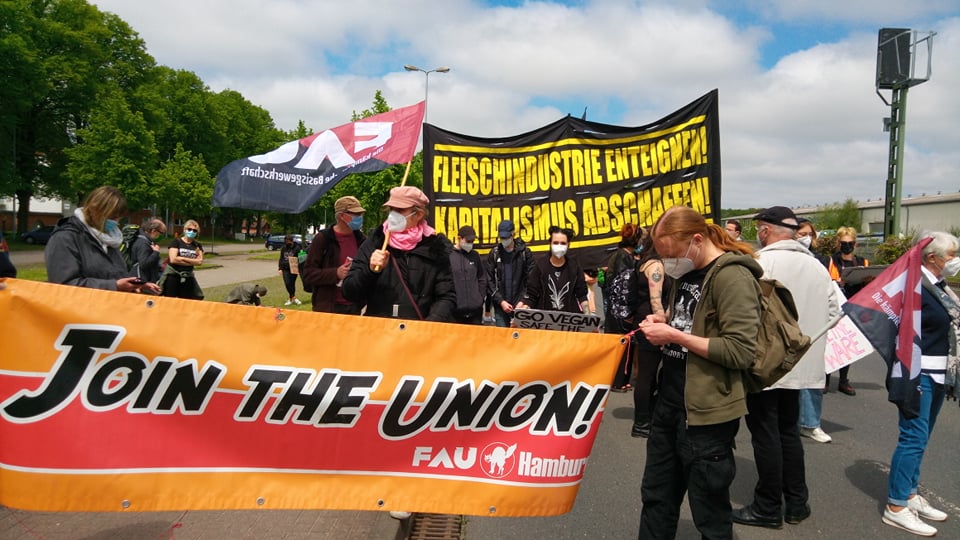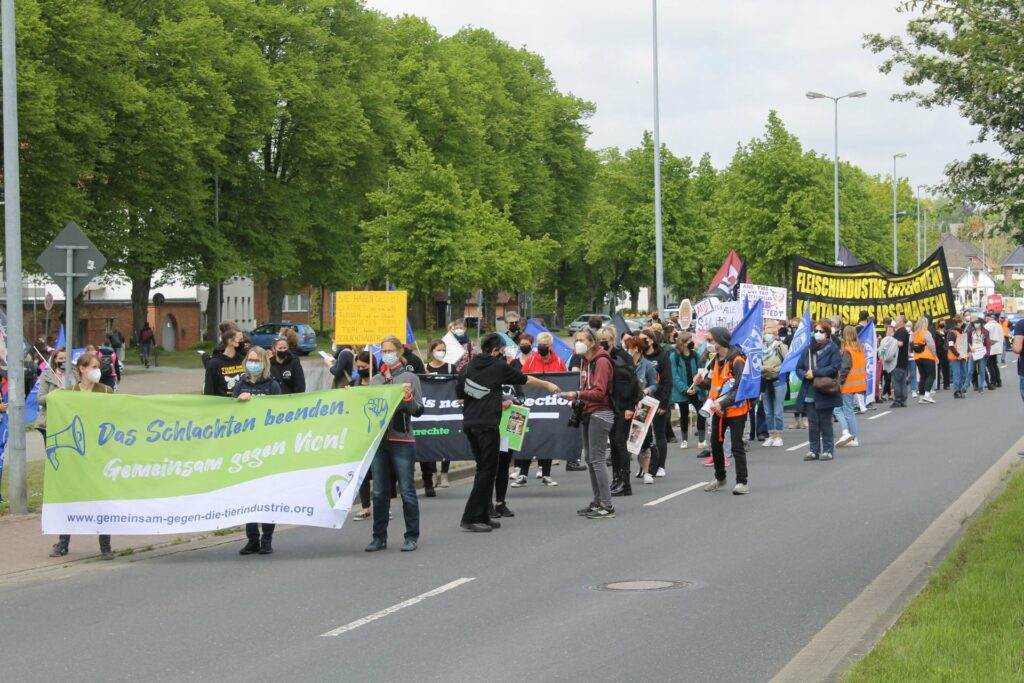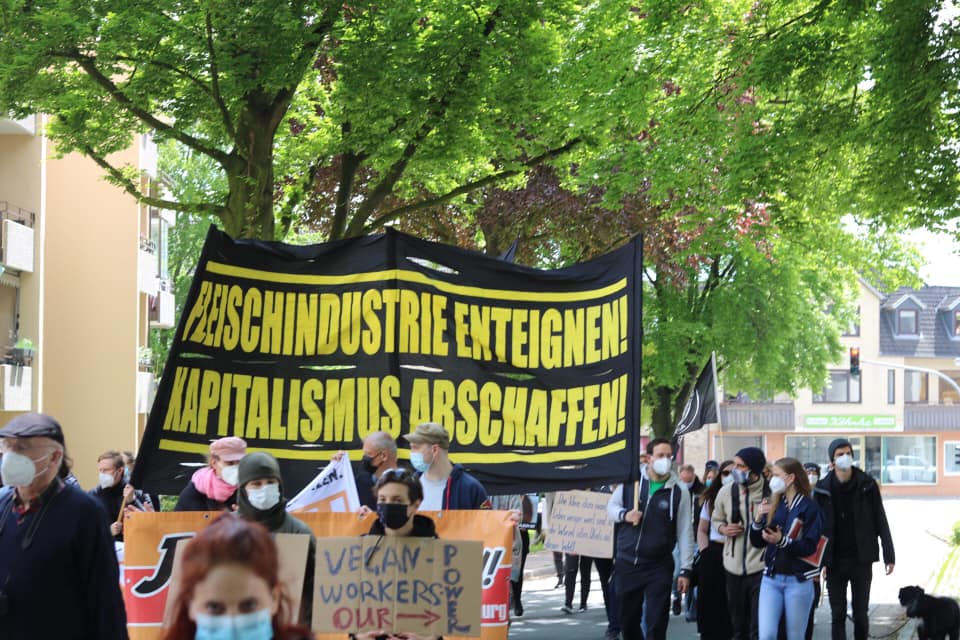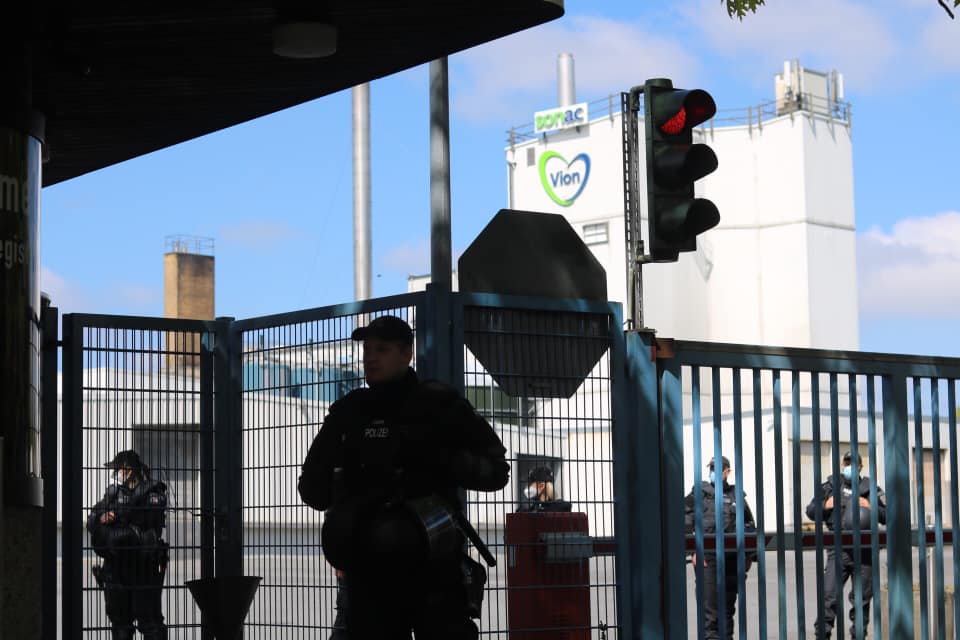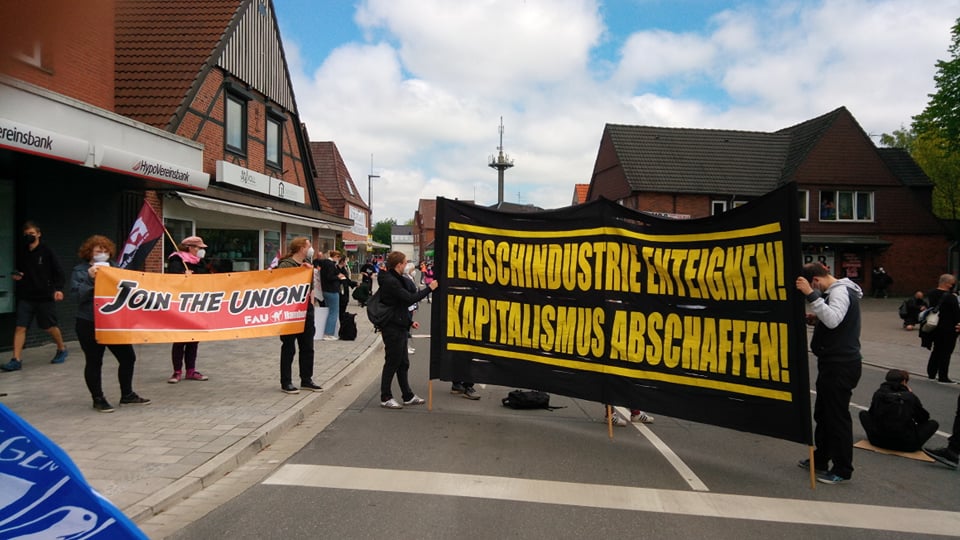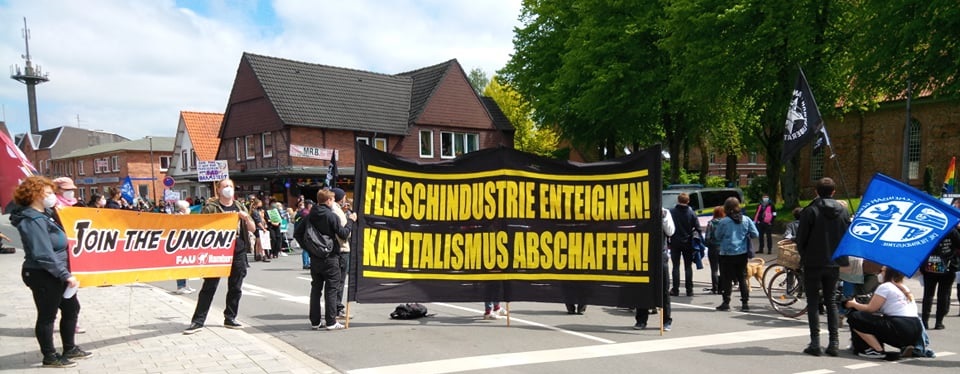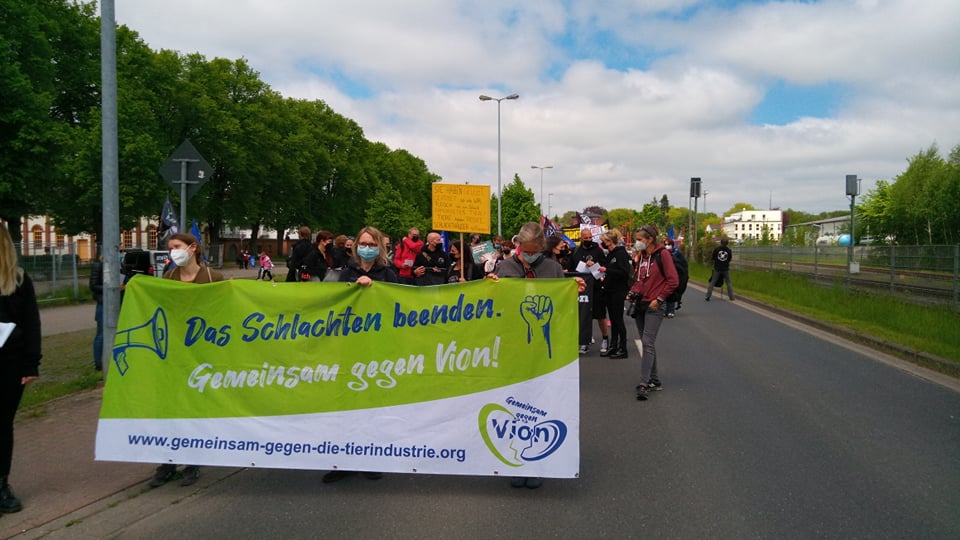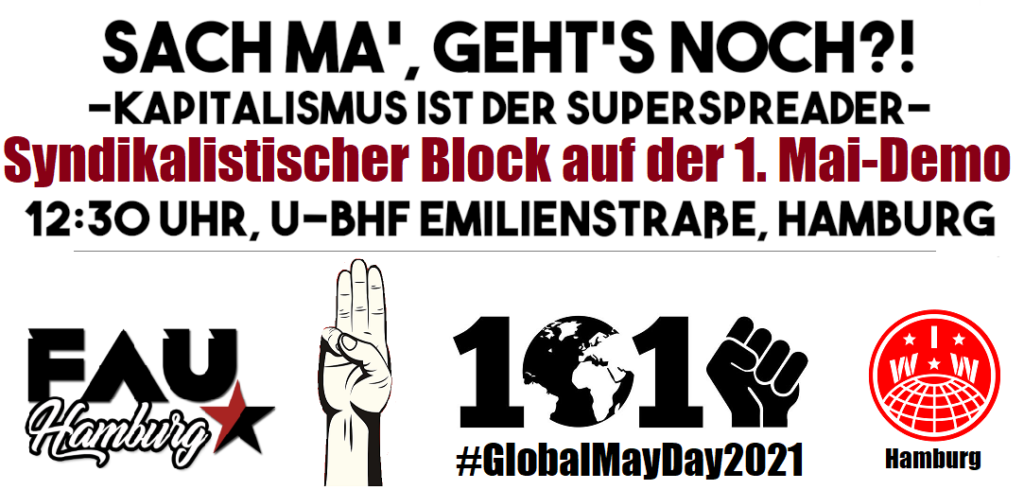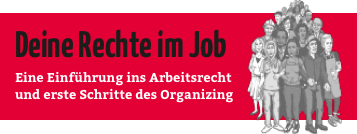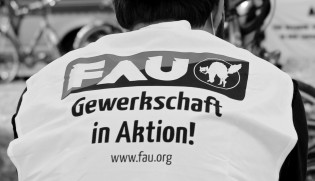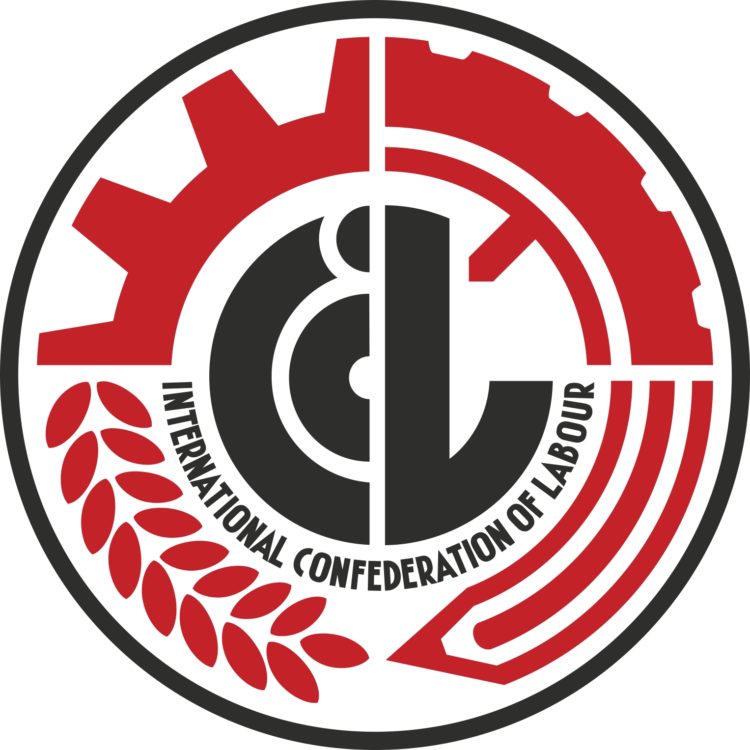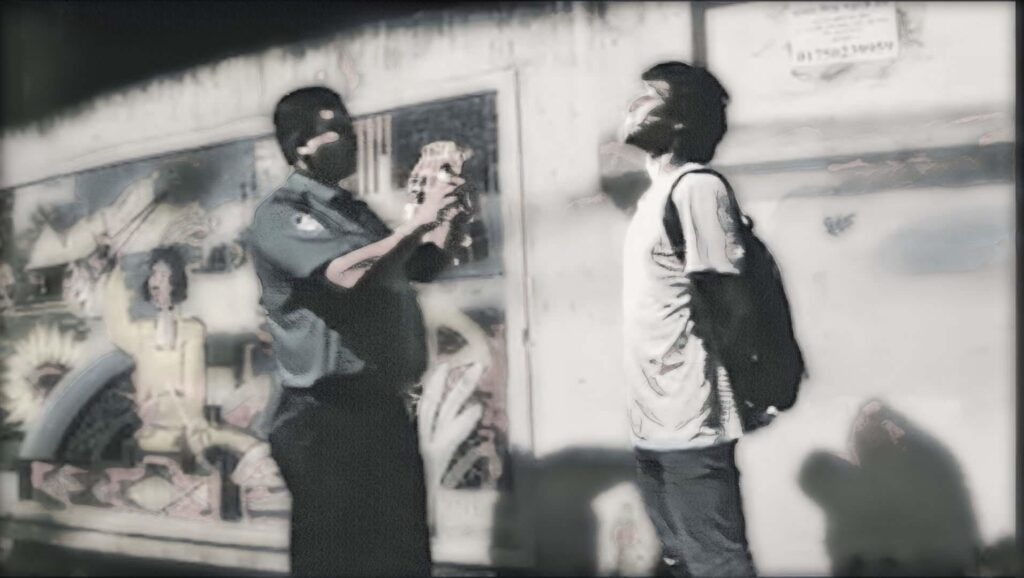
„Tell the story, Helene“ – that was the beginning of his last message to me. A few days later, Sadaat Mahmood was dead. Because the society, the government, the capitalist system, the family – because they all made his life simply unbearable.
When I read this message, I didn’t know what „story“ I would end up telling. I was proofreading his letter of motivation for a university application and suggested a change.
Now I’m actually telling his story, but no longer for people who are supposed to evaluate him and decide about him, but for his comrades.
Because even if you did not know him personally, Sadaat Mahmood was one of the most important contacts for us in Bangladesh – for all of us, the FAU and also the ICL (International Confederation of Labour).
Two years ago, when Mo and I collected 20,000€ on behalf of the ICL for our friends of the Garment Workers Trade Union Center – because hundreds of them lost their jobs at the beginning of the Corona pandemic and we wanted to support their protests – he was the one who communicated with us (Mo and Helene of FAU Hamburg) almost daily. As the general secretary of the Bangladesh Students‘ Union – and thus also closely linked to the GWTUC – he translated and organized, made contacts and advised on our behalf in this collaboration.
Sadaat was an important figure in the left scene in Dhaka, the capital of Bangladesh. Always critical in content, always clear on the issue. An activist from the heart who could not rest. He fought in the truest sense of the word. Not only discussing, reading or writing. He organized big protests because he stood up for the class struggle and feminism, showing his teeth to brutal cops on several occasions. He was arrested twice, but always kept going. Although he was under increasing pressure, his university expelled him, with the result that he was no longer accepted at any other university in the country. His father wanted to emigrate with the family, Sadaat wanted to stay and keep on fighting.
Now his strength was exhausted.
Sadaat was a thinker and an activist: In a country where large parts of the political left are dominated by rather authoritarian communism, he stood for anti-authoritarian ideas.
In a country where most stand by Russia’s side, he has asked critical questions and questioned the one-sidedness (as long as it’s against NATO) and recognized the ambivalence. In a society where gang rape is used as a weapon against ethnic minorities, he organized large feminist demonstrations.
His death is not a private tragedy. He literally died of capitalism and patriarchy. He did not take his own life because he did not want to live. On the contrary, he was always committed to life with full dedication. For a life worth living. But that is exactly what he was denied again and again.
All this is not an exclusive problem in Bangladesh: Only globally, only together we can fight for better living conditions. We cannot look at social realities in a country without context. Sadaat has also seen it that way, which is why he has been involved in international networking.
Also here in Europe we have to sell our labor and submit to the market. We all have that in common. At the same time, our prosperity – which is without question much higher than in countries like Bangladesh – is only built on the exploitation of people in such low-wage countries. Many are now dependent on being able to buy clothes or technical devices cheaply in order to somehow survive in this world. For this, workers in Bangladesh have to slave away six days a week, without vacation or other basic rights, for a starvation wage. On top of that, many rivers in the cities of Bangladesh are dead by now because textile companies discharge their waste water into them en masse. The environment is being destroyed on an indescribable scale and people are suffering and dying as a result. Changing consumer behavior and relying on fair trade will not fundamentally change these conditions from Europe.
Only if we recognize that we all have to fight together against this worldwide exploitation of humans and nature, we have a chance.
Sadaat had recognized this. Losing him was a shock. In October he would have had his 27th birthday. We stand side by side with his comrades.

Bottom banner: „On our apathetic faces, Sadaat throws cruel questions.“

